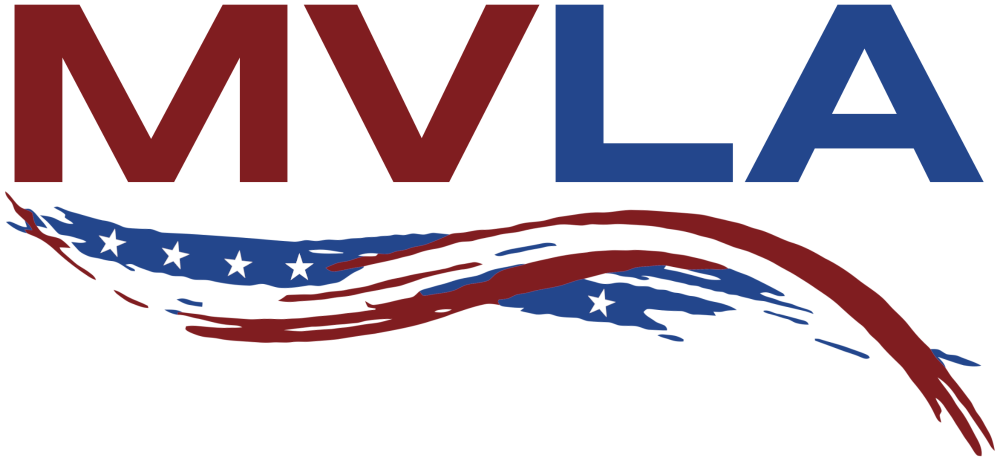Hilber Nelson, MVLA December 2, 2021
Non government agencies (NGOs) are alive and well-entrenched in Idaho — all in the name of furthering “the greater good”, “public health, safety, and welfare,” “protecting endangered species”, “ensuring sustainability”, and “equity.” Often operating quietly behind the scenes as “private-public partnerships,” a deeper look reveals NGOs act as environmentalist and socialist change agents at the behest of Idaho-based corporations, Democrats and RINO Republicans (Republicans In Name Only).
According to NGO activities, “NGOs include, but are not limited to, environmental, social, advocacy and human rights work. They can work to promote social or political change on a broad scale or very locally. NGOs play a critical part in developing society, improving communities, and promoting citizen participation.”
You owe it to yourself to read first researcher Karen Schumacher’s article “NGO” in Redoubt News, where she examines NGO players in Idaho and how they operate. She writes:
“NGOs in Idaho are notorious for presenting themselves as “collaborators” with Idaho citizens when in truth they favor NGO members from other groups, allow individuals outside of jurisdictional boundaries to participate in decisions that should be made only by citizens within a jurisdiction, dismiss citizen input, re-frame ideas to hide what is really being done, while all along playing a game of we are getting along and being inclusive of all opinions.”
There is no better example of the crony “partnerships” between NGOs and Idaho corporations than with the Idaho Association of Commerce & Industry (IACI). See for yourself here how IACI’s Idaho Prosperity Fund (IPF) funnels NGO and corporate money into statewide, legislative, and local office. IACI’s corporate members include Bayer, Blue Cross of Idaho, Clearwater Paper, Idaho Forest Group, Idaho Power, Intermountain Gas, Micron, Potlatch, JR Simplot, St Luke’s. See the full list here.
NGOs and Idaho corporations are no friends of the Idaho Constitution, free markets or state sovereignty. Many IACI Board of Directors are members of World Economic Forum partners such as HP and Suez. Schumacher continues:
“It [IACI] is actually promoting the goals and objectives of the World Economic Forum (WEF) Great Reset Initiative and the United Nations (UN) Agenda 2030 Sustainable Development Goals (SDG). These two organizations are integrating global agendas into the lives of Idaho citizens.”
By the way, IACI is a major campaign contributor to Magic Valley’s six RINO Republicans, Rep. Laurie Lickley, Rep. Linda Hartgen, Rep. Clark Kauffman, Sen. Jim Partrick, and Sen. Lee Heider.
“Partnering” with corporations
Idaho Forest Group is a member of IACI. They are “certified” by the Sustainable Forestry Initiative (SFI) in Washington, DC, which endorses UN Agenda 2030 sustainable goals, “diversity” and climate change objectives. Bayer is also a corporate member that endorses UN Agenda 2030 goals, and is guided by the Sustainability Council of Bayer. A review of the Council’s bios showed their members, with significant ties to NGOs and non-profits. Remember, these are the people influencing Idaho corporations. These are just two examples out of IACI’s member corporations you can research for yourself.
“Partnering” with politicians
Idaho Congressman Mike Simpson Columbia Basin Initiative (CBI) is very unpopular among Idahoans yet is strongly supported by leftist environmental NGOs, like the Idaho Conservation League (ICL), Save Our Wild Salmon (SOWS), and Pacific Rivers (PR). Republican candidate Bryan Smith, who is running against Simpson for the 2022 election, criticized Simpson’s plan as prioritizing “fish over Idaho’s farmers and families.” On his website, Smith states Simpson’s plan as “”totally stupid,” and says he “stubbornly persists in siding with environmentalists.” Simpson appears to be favoring the interests of NGOs over Idahoans.
“Partnering” with Commissions
Now let’s take a look at how NGOs wield their influence to push their version of “conservation” in Idaho. Enter Senate Bill 1122, by the Resources and Environmental Committee. Passed in March 2021, SB1122 establishes Conservation Districts to “provide assistance to private landowners and land users in the conservation, sustainment, improvement and enhancement of Idaho’s natural resources” (page 2, line 37-41), in “the interests of the public health, safety, and welfare” (page 8, line 28).
These districts are overseen by a Conservation Commission Board (ICC). Board members were appointed by the governor (Brad Little). As it turns out, Commission Board member, Wendy Pratt, is a member of the Idaho Wildlife Federation (IWF), an NGO. A review of the Conservation Commission’s partnerships includes The Nature Conservancy (TNC). As you will discover in your own research, NGO members often operate within local and state governmental agencies, foundations, or corporations.
“Partnering” with other NGOs
The Nature Conservancy supported the recent United Nations Climate Change Conference (COP26) in Glasglow, stating, “If Paris [Accord] established the scaffolding, Glasgow has progressed the foundations – but now the heavy lifting of tangible emissions cuts must really begin.”
IWF supports Idaho U.S. Congressman Mike Simpson’s proposal to restore Idaho’s salmon and steelhead by breaching the lower Snake River dams. Kahle Becker, President of IWF is a member of Idaho Conservation League (ICL), also an NGO. ICL is “committed to fighting climate change in Idaho”, and touts Mike Simpson’s “Columbia Basin Initiative” (CBI) as “bold, comprehensive, and urgently needed for Idahoans and the people of this region.”
Tom Page, Secretary of IWF, is a member of Central Idaho Rangelands Network (CIRN). CIRN is coordinated by The Nature Conservancy with support from the Lemhi Regional Land Trust (LRLT) and Pioneer Mountain Group. Follow the money: IWF funding comes from “private foundations, private donors, and the Natural Resources Conservation Service.”
Kristin Troy, founding executive director of Lemhi Regional Land Trust, boasts, “We’re as grass roots as it gets.” That seemed refreshing, until I scrolled down to the seal of the Land Trust Accreditation Commission (LTAC). To my dismay, LTAC Commissioner Bruce Runnels worked for The Nature Conservancy for 34 years.
I could go on but I think by now you see how this works. Suffice it to say, my researching out-of-state environmentalist NGO network is a seemingly endless rabbit trail under the guise of “conservation”, and they, not grassroots citizens groups, are running the show in Idaho.
Not all NGOs are created equal
In researching this article, I learned that, as with any organization, there are honest folks who are genuine about caring Idaho lands and wildlife. And that’s a good thing and worthy of our support. Nor is every NGO is made up of change agents of the World Economic Forum or U.N. Agenda 2030. When you come upon an NGO in question, don’t take it’s glowing website at face value, lift back the green curtain to see the players that are backing them.
How to know your NGO:
- Get acquainted with their web page. Look for other NGOs they network with. Reading the bios of their Board of Directors often reveals other NGOs their associations with other NGOs, past and present.
- Do an Internet search on the Board members, such as Linkedin
- Go to their Mission Statement. Look for Agenda 2030 language: sustainability, equity, inclusion, climate change, climate justice, etc.
- Finding out which NGOs (and corporations) have donated campaign money to your legislator(s) is now just a click away. We have made it easy with our quick instructional video here.
- View and research this list of water NGOs operating in Idaho.
- View and research this list of environmental NGOs in Idaho.
- Congratulations! You are now an informed citizen. Armed with the facts, go out there and share your info with others, with us, with your neighbors, share on social media, and let your NGO and your RINO legislator(s) know that you know what they are up to. Light is still the best disinfectant.
Have a news tip?
Email us at news@mvlibertyalliance.org







One reply on “Behind the Green Curtain: NGOs in Idaho”
[…] here. Read my article for MVLA about how progressive NGOs in Idaho are turning Idaho blue here. And read my article for MVLA on how the Idaho Association of Commerce & Industry is using […]